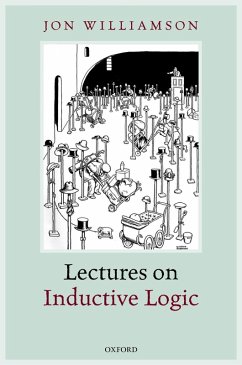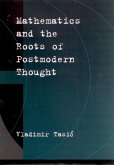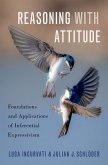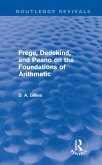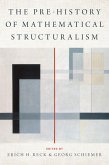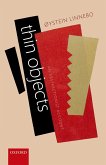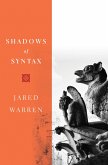Logic is a field studied mainly by researchers and students of philosophy, mathematics and computing. Inductive logic seeks to determine the extent to which the premisses of an argument entail its conclusion, aiming to provide a theory of how one should reason in the face of uncertainty. It has applications to decision making and artificial intelligence, as well as how scientists should reason when not in possession of the full facts. In this book, Jon Williamson embarks on a quest to find a general, reasonable, applicable inductive logic (GRAIL), all the while examining why pioneers such as Ludwig Wittgenstein and Rudolf Carnap did not entirely succeed in this task. Along the way he presents a general framework for the field, and reaches a new inductive logic, which builds upon recent developments in Bayesian epistemology (a theory about how strongly one should believe the various propositions that one can express). The book explores this logic in detail, discusses some key criticisms, and considers how it might be justified. Is this truly the GRAIL? Although the book presents new research, this material is well suited to being delivered as a series of lectures to students of philosophy, mathematics, or computing and doubles as an introduction to the field of inductive logic
Dieser Download kann aus rechtlichen Gründen nur mit Rechnungsadresse in A, B, BG, CY, CZ, D, DK, EW, E, FIN, F, GR, HR, H, IRL, I, LT, L, LR, M, NL, PL, P, R, S, SLO, SK ausgeliefert werden.

